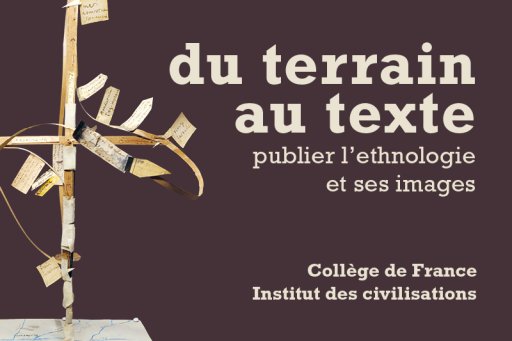
Quagga, an extinct equine. Watercolor on vellum by Nicolas Marechal (1753 -1802), painted in Paris in 1793 and illustrating the stallion Quagga in the Louis XVI menagerie at Versailles - Author: Nicolas Marechal
The ability to sequence DNA from fossils - the latest genomic revolution - has completely overturned our vision of the origins of our species, the interbreeding between it and other hominids now extinct, and the way in which the populating of the planet was completed.
The era of paleogenomics began in 1984, with the publication of the sequence of a mitochondrial DNA segment from quagga, an extinct subspecies of South African zebra that became extinct at the end of the 19thcentury . However, it was only in the mid-2000s, and especially in the last decade, that the study of ancient DNA entered its golden age and paleogenomics was founded as a discipline in its own right. In addition to studying the ancient DNA of humans and other species, molecular and isotopic studies of fossil remains have also led to the analysis of ancient proteins, the reconstitution of our ancestors' diets and the evolution of pathogens causing infectious diseases through space and time.
The Journée François Jacob 2020 will be dedicated to this fascinating topic: "resurrecting the past to understand the present", through various examples drawn from paleo-biology studies, with a particular focus on humans and microbes. The symposium will bring together researchers from the fields of biology, paleontology and microbiology, to shed as much light as possible on a theme that has always interested mankind: that of our origins and our interactions with other species.








